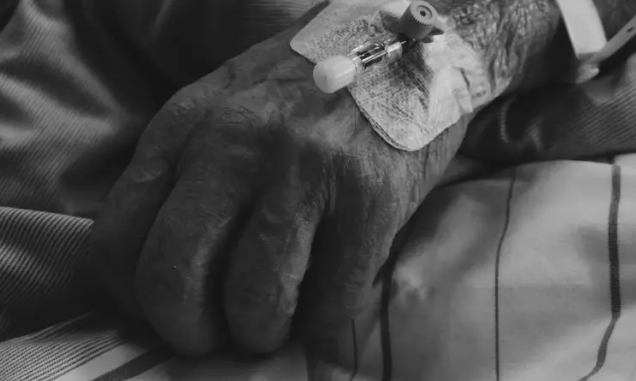Recognizing when a loved one may be nearing the end of life can be emotionally overwhelming. However, understanding the signs that indicate your parent or elderly loved one may be approaching their final moments allows you to prepare both mentally and emotionally. This awareness helps ensure they receive the care, comfort, and dignity they deserve during their last days. Below are three key indicators that suggest it may be time to brace for the inevitable.
1. Frequent Dreams About Deceased Loved Ones
If your parent or elderly relative frequently speaks about dreams involving deceased family members, this could be a profound emotional signal. It may reflect their deep longing for those they loved or an unconscious preparation for what lies ahead. While it can be unsettling to hear, these dreams often bring comfort to the person experiencing them, offering a sense of reunion and peace.
2. Open Discussions About Their Own Funeral
When an aging loved one begins to openly discuss their funeral plans or share their wishes for after their passing, it is often a clear sign they have accepted their mortality. These conversations, while difficult, provide an opportunity to honor their final wishes and ensure they feel heard and respected. Acknowledging and discussing their preferences can bring them a sense of control and reassurance.
3. A Sudden Burst of Energy (Terminal Lucidity)
A phenomenon known as terminal lucidity occurs when someone who has been chronically ill or bedridden suddenly experiences a short-lived surge of energy, improved mood, or increased appetite. While it may appear as a sign of recovery, this brief improvement is often an indication that the body is preparing for the end. Understanding this change can help loved ones recognize the importance of cherishing these final moments.
4. Increased Withdrawal and Decreased Communication
As a person nears the end of life, they may naturally withdraw from conversations and social interactions. They may speak less, spend more time resting, or seem less engaged with their surroundings. This shift is often a way of turning inward as they focus on their own thoughts and emotions. Providing gentle reassurance, even in silence, can be incredibly comforting.
5. Changes in Breathing Patterns
Irregular or labored breathing is another common sign that someone is approaching the end of life. Breathing may become shallow, rapid, or include long pauses between breaths. These changes, while distressing to witness, are a natural part of the body slowing down. Keeping your loved one comfortable and ensuring a peaceful environment can help ease this transition.
6. Decreased Interest in Food and Water
A declining appetite or refusal to eat and drink is a natural part of the body shutting down. While it may be difficult to accept, forcing food or fluids is not necessary. Instead, focus on keeping their lips and mouth moistened and offering small sips of water if they are comfortable. Comfort and presence become more important than nutrition at this stage.
7. Lowered Body Temperature and Skin Changes
As circulation decreases, hands, feet, and other extremities may become cool to the touch, and skin may take on a bluish or mottled appearance. These physical changes signal that the body is conserving energy for essential functions. Keeping your loved one warm with soft blankets and gentle touch can provide comfort in their final moments.
Supporting Your Loved One in Their Final Days
Recognizing these signs does not make the journey any easier, but it does allow you to be more prepared for what’s to come. The most important thing you can do is create a peaceful and supportive environment. Spending meaningful time together, offering reassurance, and simply being present can bring immense comfort to both you and your loved one during this tender time.
